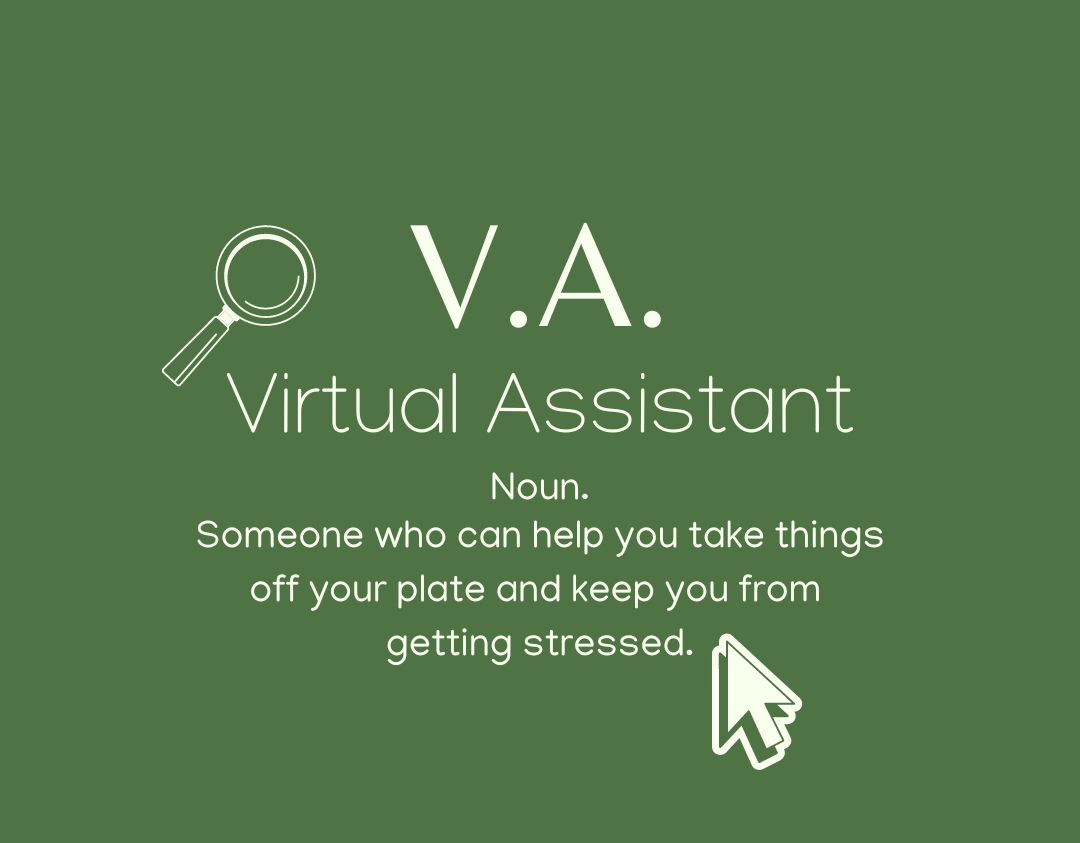
A virtual assistant is an independent contractor who provides administrative services to clients while operating outside of the client’s office. A virtual assistant typically operates from a home office but can access the necessary planning documents, such as shared calendars, remotely.
People employed as virtual assistants often have several years of experience as an administrative assistant or office manager.
How a Virtual Assistant Works
Virtual assistants have become more prominent as small businesses and startups rely on virtual offices to keep costs down and businesses of all sizes increase their use of the internet for daily operations. Because a virtual assistant is an independent contractor, a business does not have to provide the same benefits or pay the same taxes that it would for a full-time employee. A virtual assistant is different from a salaried administrative assistant who works from home and would have the same compensation and same tax structure as any other full-time employee.
Also, since the virtual assistant works offsite, there is no need for a desk or other workspace at the company’s office. A virtual assistant is expected to pay for and provide their own computer equipment, commonly used software programs, and high-speed Internet service.
Virtual Assistant Duties
The specific duties of a virtual assistant vary according to the needs of the client and the terms of the contract. Some virtual assistants handle clerical and bookkeeping tasks, while others may post regular updates to social media or write articles for a blog. A well-rounded virtual assistant may also handle travel arrangements, appointment scheduling, data entry, and online file storage.
Virtual Assistant Qualifications
While there are no hard-and-fast educational requirements to become a virtual assistant, many clients will look for virtual assistants who have some higher-level education or specialized training. A few online companies and community colleges offer courses and certification for virtual assistant skills.
A virtual assistant should be tech-savvy, having a wide range of computer skills and a high level of proficiency with commonly used software and business programs.
Benefits of a Virtual Assistant
For the client, one advantage of hiring a virtual assistant is the flexibility to contract for just the services they need. Depending on the terms of the agreement, some virtual assistants may be paid by the task rather than by the hour. In contrast, employees in a traditional office setting usually must be paid for a fixed number of hours per day.
For small business owners, hiring a virtual assistant can help them free up valuable hours to focus on growing the business and generating revenue. It can be easier and more cost-effective to outsource tasks that are tedious and time-consuming, to someone who is skilled at them.
Special Considerations
Before hiring a virtual assistant, the client can ensure a smoother working relationship by creating detailed instructions about tasks they need to have performed. A written manual reduces the risk of misunderstandings that can occur in a remote working relationship.
The Bottom Line
A virtual assistant is a remote administrative assistant who works for a company or individual on a self-employed, or contract basis. A virtual assistant helps with office management work but can also tackle a variety of writing, editing, design, marketing and social media-related activities. A virtual assistant works remotely, using technology to complete assignments, despite not being in a physical office alongside their co-workers or employers. In the wake of the COVID-19 pandemic, many employees worked virtually, not only as assistants, but in a variety of capacities.
Key Takeaways
- A virtual assistant is a self-employed worker who specializes in offering administrative services to clients from a remote location, usually a home office.
- Typical tasks a virtual assistant might perform include scheduling appointments, making phone calls, making travel arrangements, and managing email accounts.
- Some virtual assistants specialize in offering graphic design, blog writing, bookkeeping, social media, and marketing services.
- For an employer, one advantage of hiring a virtual assistant is the flexibility to contract for just the services they need.

